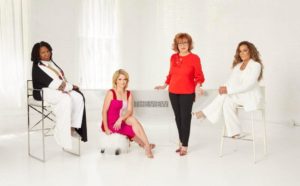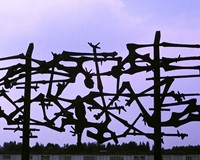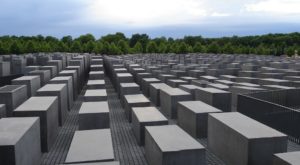 I found Whoopi Goldberg’s recent comments about the Holocaust both ignorant and offensive, and in that, I am certainly not alone. However, that says a lot about both of us and our different perspectives. So maybe there is something to be learned on both sides.
I found Whoopi Goldberg’s recent comments about the Holocaust both ignorant and offensive, and in that, I am certainly not alone. However, that says a lot about both of us and our different perspectives. So maybe there is something to be learned on both sides.
I believe Goldberg honestly shared what she thought. It was her opinion. After substantial pushback and some time to absorb the response, she offered a sincere apology. It seems that she learned from that experience. Unfortunately, for those of us seeking to cancel her or supporting ABC’s gratuitous “time out” as with ill-mannered children, we squander an opportunity to learn from her about her perspective. Her view does not pose a threat, and it was not a voice of hatred. But it is rightly rejected. However, I would be interested in hearing more. Her comment on the Stephen Colbert show, “I thought it was a salient discussion because as a Black person, I think of race as being something that I can see,” offers an interesting perspective on a deeply personal subject to the Jewish community. I doubt I would agree, but I am sure I would learn something from her.
I am looking forward to her conversation with Jonathan Greenblatt from the ADL.
Let’s get Whoopi Goldberg back on the air and walk forward together.


